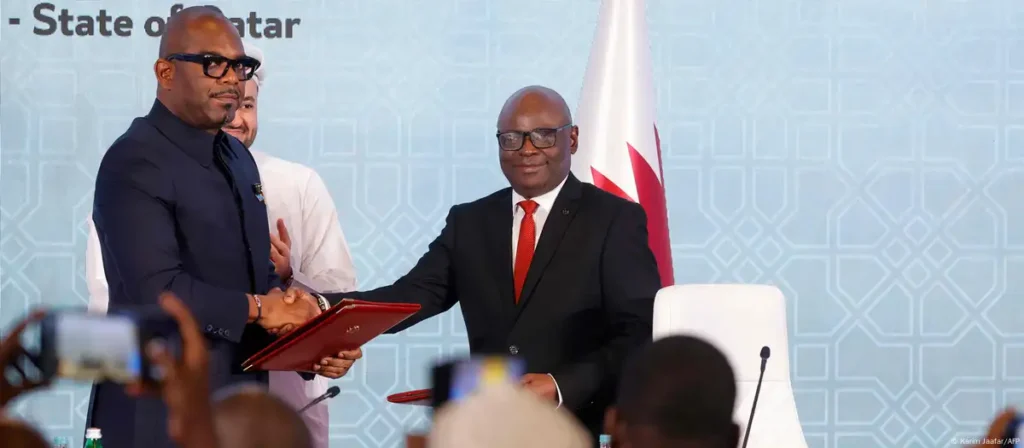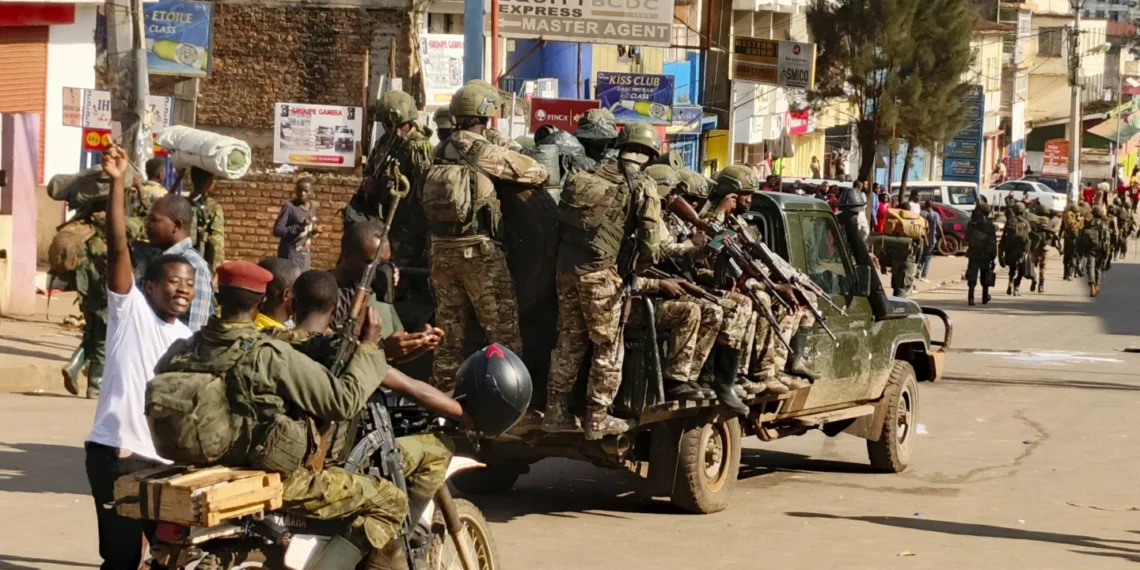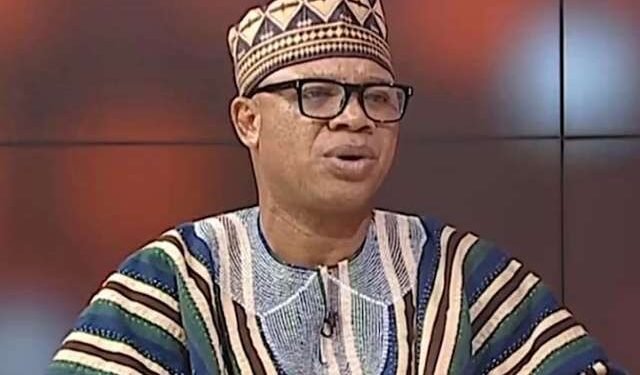Human Rights Watch (HRW) has accused Rwanda-backed M23 rebels of killing at least 140 people in eastern Democratic Republic of Congo (DRC) in July, with reports suggesting the death toll may be much higher. The revelations come as peace talks, backed by the United States and Qatar, continue to struggle for progress.
HRW’s report, released on Wednesday, sheds light on what it described as a killing spree that unfolded in Rutshuru territory. The group said the number of deaths in July could exceed 300, echoing findings by the United Nations last month.
Survivor testimonies provided harrowing accounts of brutality. One woman recounted how her husband was hacked to death with a machete before she and dozens of others were forced to march for hours. “They told us to sit on the edge of the riverbank, and then they started shooting at us,” she told HRW. She survived by falling into the river before bullets struck her.
Another witness said he was unable to save his family. According to HRW, he watched from afar as M23 fighters killed his wife and four children, aged between nine months and ten years.
The violence came just weeks after peace initiatives were announced. On June 27, Congo and Rwanda signed a preliminary U.S.-brokered deal in Washington. This was followed by the July 19 signing of the Doha Declaration of Principles in Qatar between the Congolese government and M23 rebels, raising hopes for an agreement by August 18.

However, those talks quickly faltered. Earlier this week, M23 representatives were absent from scheduled negotiations in Qatar. In a statement on Sunday, the group insisted that “only the full implementation of the Doha Declaration of Principles, including the release of prisoners, would allow them to participate in the next round of talks.”
This deadlock has raised doubts over the peace process. Political scientist Nkere Ntanda of the University of Kinshasa observed, “Nobody is meeting the demands of the other. One would have expected a great deal of flexibility on the Congolese side in trying to respond to the demands of the M23.”
The core demands of both sides remain in direct opposition. Kinshasa insists on a total rebel withdrawal and an end to what it describes as foreign support for the insurgents. Meanwhile, the M23 rebels are demanding political recognition and security guarantees before any disarmament.
Trust Deficit Complicates Path To Peace
Yvon Muya, a researcher at the School of Conflict Studies at Saint Paul University in Canada, argued that the standoff reflects entrenched mistrust.
“The demands from both sides reflect legitimate concerns. This is a normal situation in any kind of negotiation, but these demands also highlight how far apart the parties remain.”
Yvon Muya
According to HRW, the July attacks targeted at least 14 villages and farming communities near Virunga National Park. The victims, based on accounts from survivors, medical workers, and U.N. personnel, were largely ethnic Hutu, though members of the Nande community were also among the dead.
Despite repeated denials from M23 regarding involvement in the killings, HRW maintains that testimony from 25 witnesses supports its findings. The rights group is calling for urgent international action. It urged the U.N. Security Council, the European Union, and governments worldwide to expand sanctions and press for accountability. HRW also called on Rwanda to grant access to independent investigators and U.N. forensic experts in areas under M23 control.
Kinshasa, for its part, has emphasized the importance of monitoring mechanisms to verify compliance with agreements, a stance that highlights the government’s concern over the rebels’ reliability.
As the August 18 deadline for a peace deal looms, the stark gap between M23’s demands and Congo’s position continues to cast a long shadow over hopes of ending the conflict. With trust eroded and violence ongoing, prospects for peace in eastern Congo remain bleak.
READ ALSO: Dafeamakpor Slams GBA’s Bias Against President Mahama























